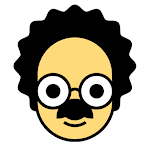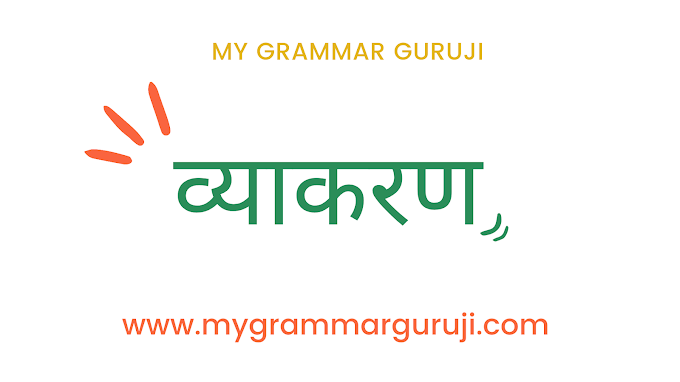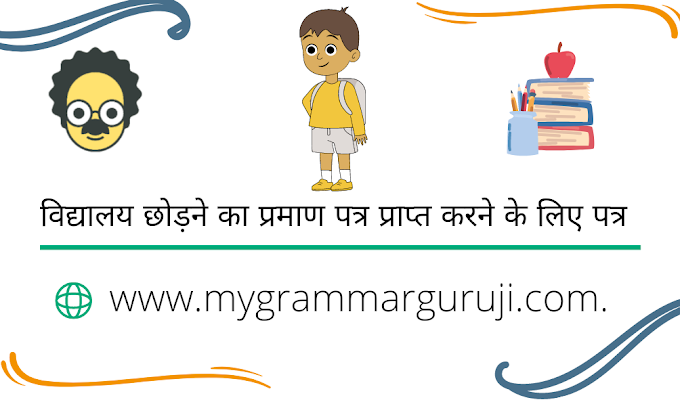Voice refers to the form a verb which indicates whether its subject is performing the action or whether the subject is being acted upon.
Voice एक क्रिया को संदर्भित करता है जो इंगित करता है कि इसका Subject काम कर रहा है या क्या subject पर कार्य किया जा रहा है या नहीं।
Two kinds of Voice
Active Voice : Subject performs action.
Passive Voice : Subject is acted upon.
Rules :
1. By making passive voice from Active Voice, Verb is always using 3rd form.
(Active voice से passive voice बनाते वक़्त हमेशा verb की 3rd form का प्रयोग होता हैँ )
2. When making passive voice from Active, the subject changes in object And when making Active Voice from passive, subject to Object.
(Active से passive voice बनाते समय subject को object मे बदलते हैँ और passive से active voice बनाते समय object को subject.)
3. Most of the passive voice (removing exceptions) is used By.
For example :- by me., by her, by you. Etc.
(Passive voice मे Object के साथ ज्यादातर (अपवादों को हटा कर ) By का प्रयोग होता है)
4. Changes for making passive voice from active voice.
(Active voice से passive voice बनाने के लिए परिवर्तन)
 |
| Tap on image to view clear. |
I.) Indefinite sentences to passive voice.
Present Indefinite.
Active voice :-
Subject +Verb + s/es + object.
Passive voice :-
Object + Is/am/are + V3 + by + subject.
Examples
- I write a letter.
- A letter is written by me.
- She makes tea.
- Tea is made by her.
- Rahul eats an apple.
- An Apple is eaten by rahul.
Past Indefinite.
Active :-
Subject + v2+ object.
Passive :-
Object + was/were + V3 + by+ subject.
Examples
- I wrote a letter.
- A letter was written by me.
- She opened the door.
- The door was opened by her.
- He made the dinner.
- The dinner was made by him.
Future Indefinite.
Active :-
Subject + will/shall + V1 +Object.
Passive :-
Object + will be /shall be + V3 + by subject.
Examples
- I will write a letter.
- A letter will be written by me.
- He will buy the house.
- The house will be bought by him.
- They shall play a match.
- A match will be played by them.
II) Continues tense to passive voice.
Present Continuous.
Subject + Is/are/are + V1 + ing + object.
Object + Is/are/are + being + V3 + by+ subject.
Examples
- I am writing a letter.
- A letter is being written by me.
- They are eating the food.
- The food is being eaten by them.
- She is carrying a bag.
- A bag is being carried by her.
Past Continuous.
Subject + was/ were + V1 + ing + object.
Object + was/ were + being + V3 + by + subject.
Examples
- I was writing a letter.
- A letter was being written by me.
- The boys were helping the old man.
- The old man was being helped by the boys.
- He was not reading a material.
- A Material was not being read by him.
Future continuous.
Not Change
III) Perfect tense to passive voice.
Present perfect.
Subject +has/ have + V3 + Object.
Object +has been /have been + V3 + by + subject.
Examples
- I have written a letter.
- A letter has been written by me.
- Aman has read two chapters.
- Two chapters have been read by Aman.
- He has forgotten the keys.
- The keys have been forgotten by him.
Past perfect.
Subject + had + V3 +Object.
Object + had been + V3 + by + subject.
Examples
- I had written a letter.
- A letter had been written by me.
- He had eaten the food.
- The food had been eaten by him.
- She had bought the necklace.
- The necklace had been bought by her.
Future perfect.
Subject + will have /shall have + V3 + Object.
Object + will have been /shall have been + V3 + by+ subject.
Examples
- I shall have written a letter.
- A letter will have been written by me.
- Scientists will have discovered a cure for crona virus.
- A cure will have been discovered by scientists for crona virus.
IV) Imperative sentences & passive voice.
A sentence that expresses a command or an advice or a request is called an imperative sentence. Here are some examples:
- Learn your lessons. (An advice)
- Open the door. (A command)
- Help the poor. (An Advice)
- Please, make a cup of tea. (A request)
- The imperative sentence in Passive Voice begins with word “Let”.
- The word ‘Be’ is used is used as an auxiliary verb in Passive Voice of imperative sentences.
- Base form (or 1st form of verb, e.g. write etc) is converted into Past Participle (or 3rd form of verb e.g. written etc) for making passive voice of imperative sentence.
- Open the door.
- Let the door be opened.
- Help the poor.
- Let the poor be helped.
- Speak the truth.
- Let the truth be spoken.
- Complete the work.
- Let the work be completed.
- Turn off the television.
- Let the television be tuned off.
V) Sentences have not "by"
- Somebody has cleaned the room.
- The room has been cleaned.
- They have postponed the concert.
- The concert has been postponed.
- Police arrested two people last night.
- Two people were arrested last night.
- Somebody is using the computer now.
- The computer is being used now.
- Workers have built a new Hospital near the airport.
- A new Hospital has been built near the airport.
VI) Modals to passive voice.
- She can drive a car.
- A car can be driven by her.
- He might kill the snake.
- The snake might be killed by him.
- Should I buy this car?
- Should this car be bought by me?
- He must have passed the exam.
- The exam must have been passed by him.
- You ought to have finished the task.
- The task ought to have been finished by you.
VII) Two objects in active sentences.
- My dad gave me a phone for my birthday.
- I was given a phone by my dad for my birthday.
- A phone was given to me by my dad for my birthday
VIII) Who & Whom in passive voice.
- Who helps you?
- By whom are you helped ?
- Who are you helped by?
- Who teachers you?
- By whom are you taught?
- Who are you taught by?







No comments:
Post a Comment
Thank you! Your comment will prove very useful for us because we shall get to know what you have learned and what you want to learn?